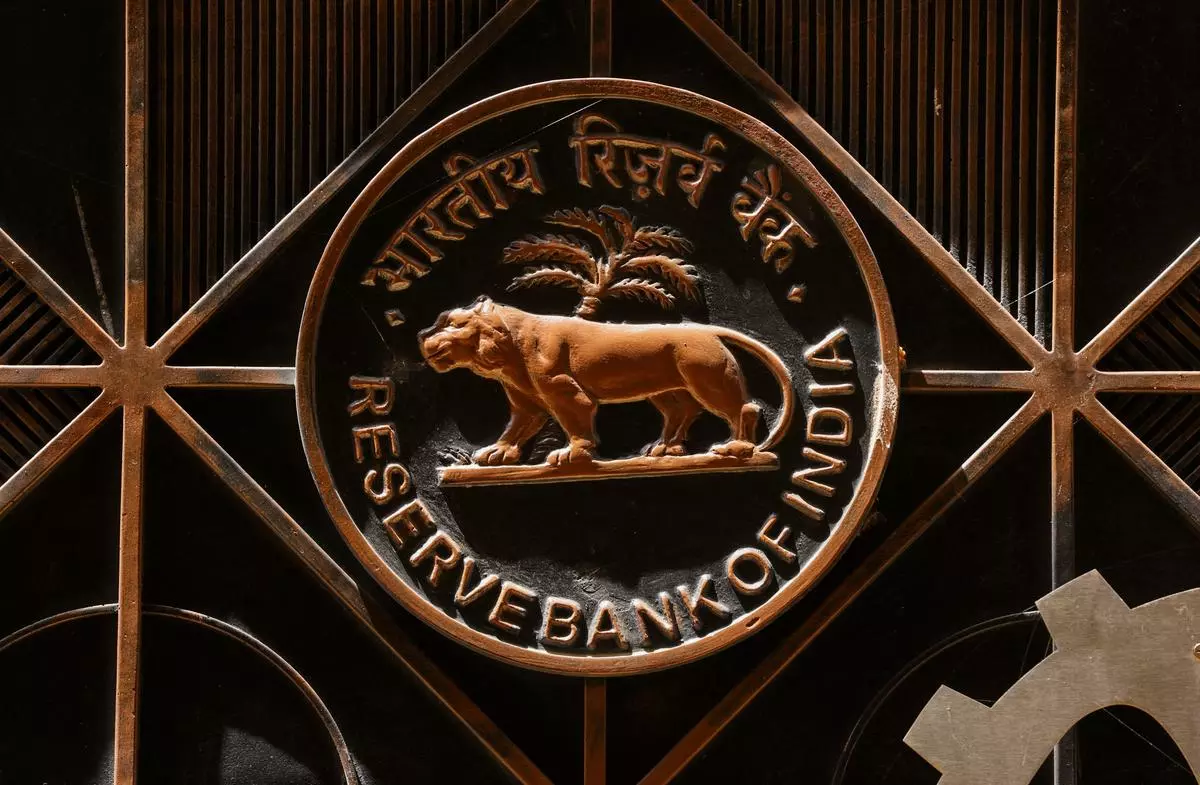RBI Forms External Working Group on Expected Credit Loss Framework
The Reserve Bank of India (RBI) recently established an External Working Group to deliberate upon the Expected Credit Loss (ECL) framework. This move by the central bank holds significant importance for aspirants preparing for various government exams, including positions in banking, as it reflects the RBI’s commitment to strengthening the financial sector and ensuring the soundness of the banking system.

Why this News is Important
The Need for Strengthening Financial Systems: The first key reason behind this development is the necessity to enhance the resilience and stability of the Indian financial system. The ECL framework plays a crucial role in estimating and provisioning for expected credit losses, which, in turn, safeguards the banking sector from potential risks.
Alignment with International Accounting Standards: Another important aspect is aligning the ECL framework with international accounting standards. This alignment is essential for improving the comparability of financial statements of Indian banks with their global counterparts, making it crucial for students aiming for banking and finance-related positions in government exams.
Historical Context
To understand the significance of the RBI’s move, it’s essential to provide some historical context. The ECL framework was introduced globally in response to the 2008 financial crisis. It replaces the earlier incurred loss model, which proved inadequate in recognizing credit losses promptly. This shift aims to ensure that banks proactively account for expected credit losses, strengthening their financial positions.
Key Takeaways from this News
| Serial Number | Key Takeaway |
|---|---|
| 1 | RBI has formed an External Working Group on ECL. |
| 2 | Strengthening the Indian financial system is a priority. |
| 3 | Alignment with international standards is crucial. |
| 4 | The ECL framework replaces the incurred loss model. |
| 5 | It ensures proactive recognition of credit losses. |
Important FAQs for Students from this News
Q: What is the Expected Credit Loss (ECL) framework?
A: The ECL framework is a method for estimating and provisioning for expected credit losses in the banking sector.
Q: Why did the RBI form an External Working Group on the ECL framework?
A: The RBI formed the group to deliberate upon and strengthen the ECL framework and ensure the stability of the financial system.
Q: How does aligning with international accounting standards benefit Indian banks?
A: Alignment with international standards improves the comparability of Indian banks’ financial statements with global peers, enhancing transparency.
Q: What was the previous model for recognizing credit losses, and why was it replaced?
A: The previous model was the incurred loss model, which proved inadequate during the 2008 financial crisis. It was replaced to ensure proactive recognition of credit losses.
Q: What implications does this development have for students preparing for government exams in the banking sector?
A: Understanding the ECL framework, its historical context, and key takeaways is crucial for exam preparation, as it reflects the evolving regulatory landscape.
Some Important Current Affairs Links

















